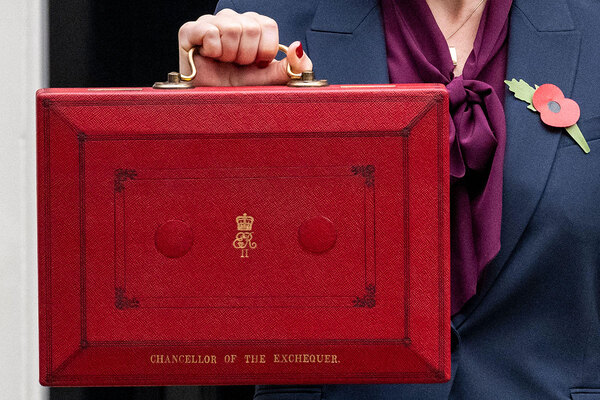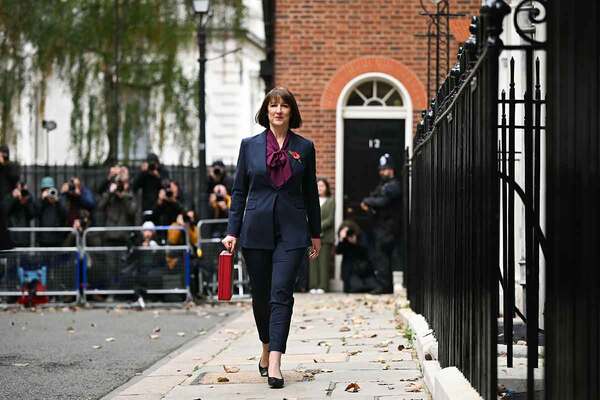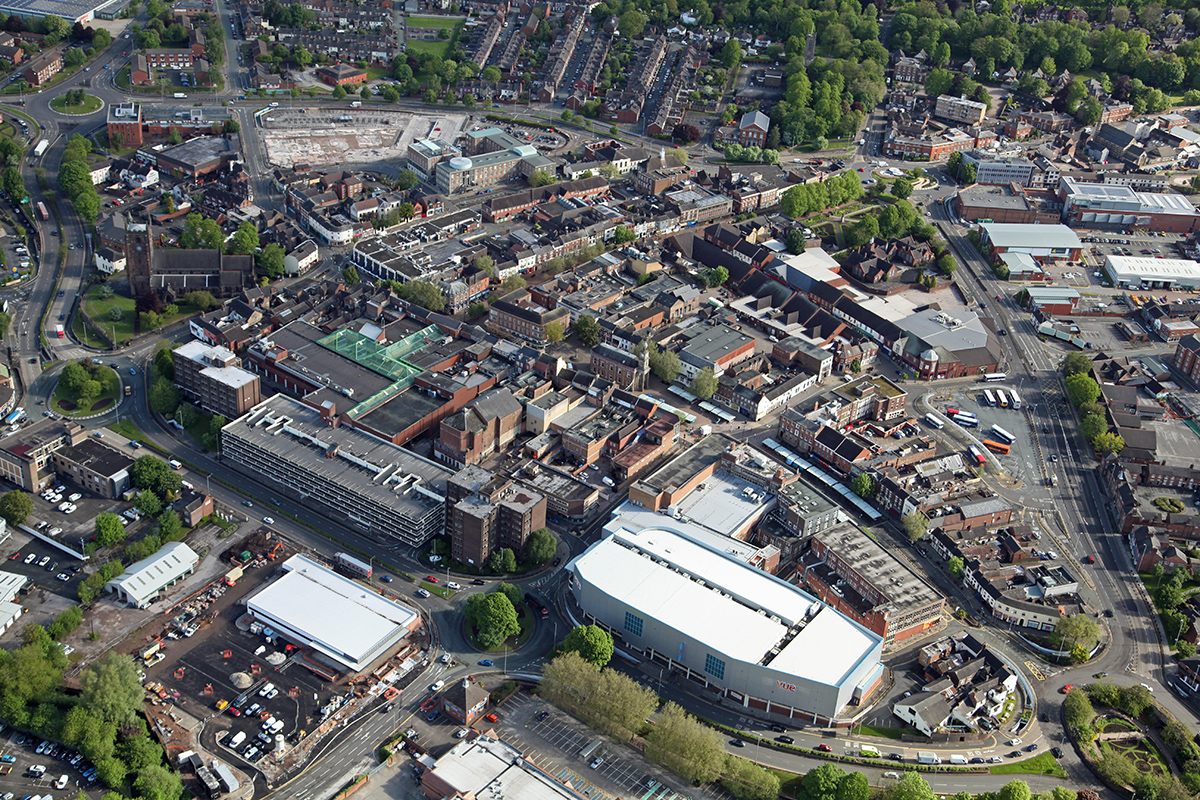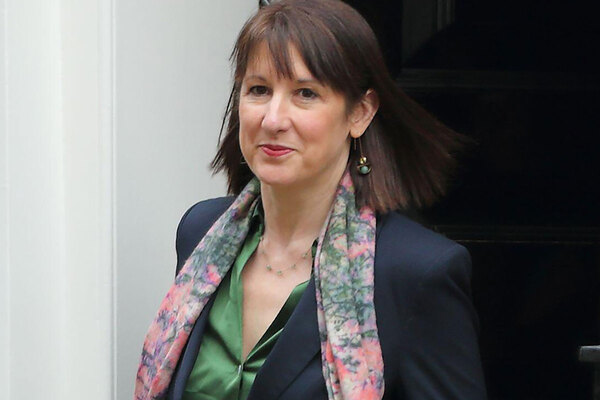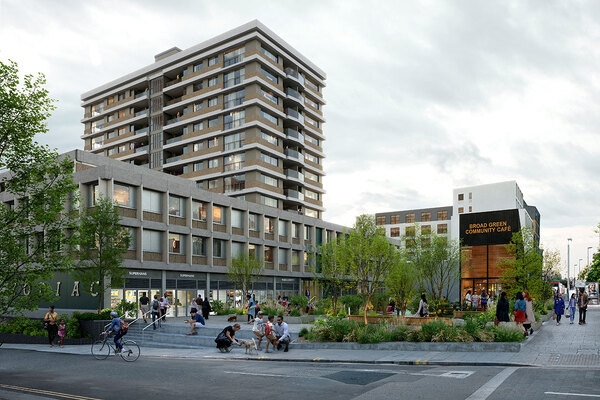You are viewing 1 of your 1 free articles
Did the Autumn Budget go far enough on homelessness?
The Budget had some welcome first steps, but we need a longer-term plan for social security, writes Duncan Shrubsole, chief executive of St Martin in the Fields Charity
We face a real crisis of homelessness and housing need in this country.
Official statistics show that 325,000 households in the year to March 2024 approached their local authority in England and were assessed as owed a homelessness duty due to being threatened with homelessness or already homeless. In June 2024, 3,704 people were estimated to be sleeping rough in a single night, up 28% on June 2023.
Figures released just this week show rough sleeping in London is at record levels, 18% higher than the previous year.
This amounts to an all-time high of people lacking a safe, secure home. And the on-going cost of living crisis means thousands more people and families are still living with the looming threat of homelessness. This is unacceptable.
It was welcome therefore to see the chancellor recognise these twin crises. The pledge of £1bn from next year towards the Household Support Fund and Discretionary Housing Payments are steps in the right direction. These funds will be important in preventing people from losing their homes, as well as support others into housing.
The commitment to building more social homes, with an additional allocation of £500m, is an essential step in tackling homelessness. Although to really make a difference, we will need to see many more social rented homes built every single year to seriously bring down the numbers of people stuck in temporary accommodation, on waiting lists and other housing need.
“Thousands of people and families are hit by the benefit cap and two-child limit, on which the government remains at best silent or at worst oblivious to the clear evidence of the harm they cause”
It was also welcome to see the new Fair Repayment Rate, which will help to reduce the level of deductions from Universal Credit, a real driver of hardship and further debt for people really struggling to make ends meet. And the increase in the national minimum wage will support those who are able to work take home a little bit extra.
It was disappointing, however, to hear nothing about a longer-term plan for social security. Even those who get the full rate of Universal Credit do not have enough to cover the costs of life’s essentials. And of course, thousands of people and families are hit by the benefit cap and two-child limit, on which the government remains at best silent or at worst oblivious to the clear evidence of the harm they cause.
Particularly disappointing was to see buried in the Budget documentation that Local Housing Allowance (LHA) rates for next year will remain frozen. Reforms to private renting are rightly passing through parliament, but without action on affordability, the impact will be much reduced. Preventing Section 21 evictions does not help someone if they can’t afford the rent to get a tenancy in the first place.
When we surveyed frontline workers earlier this year, 93% of them reported that it was difficult or very difficult to obtain private rented accommodation for the people they support. As rents rise year on year, unless LHA is relinked to actual rents, homelessness from the private rented sector will continue to rise and rehousing people experiencing homelessness will remain very challenging.
The chancellor did announce an additional £233m for councils to tackle homelessness and rough sleeping. This is a welcome response to the call from ourselves and many other homelessness organisations in March that services were facing a cliff edge of funding. We now need clarity on how this funding will be allocated and then for it to be followed up with a serious and sustained commitment in the forthcoming Spending Review to investing in holistic support and solutions to homelessness across the country.
“The Budget had some welcome first steps. These now need to be followed up by a stampede of action if we are to genuinely stop, reverse and reduce the statistics of homelessness”
This is particularly important because we know that short-term, uncertain and unstable funding means charities and others struggle to recruit and retain the skilled and experienced frontline workers who are so key to helping prevent or resolve homelessness. Our survey of staff found that 64% of frontline workers feel the challenges of their role have a negative impact on their well-being, while only 47% of frontline workers reported feeling secure in their jobs.
Shockingly, 23% of frontline workers worried about becoming homeless themselves. Sustained investment in services that in turn enable skilled frontline staff to be paid fairly and appropriately is vital to ensuring people experiencing or facing homelessness get the support they need.
The government rightly set out in its manifesto a commitment to tackle all forms of homelessness, and we know that ministers and officials are considering how best to take that forward. It is vital that this work starts in earnest and at pace and is genuinely cross-government – matched by comparable efforts by the governments in Wales, Scotland and Northern Ireland.
People need homes in the right places that they can afford, they need a benefits system that supports them to live and to rent, and they need support from experienced and trusted public services and specialist charities to tackle any challenges they face.
The Budget had some welcome first steps. These now need to be followed up by a stampede of action if we are to genuinely stop, reverse and reduce the statistics of homelessness and, most importantly, ensure every person or family behind the numbers can have and keep a place they call home.
Duncan Shrubsole, chief executive, St Martin in the Fields Charity
Sign up for our homelessness bulletin
Already have an account? Click here to manage your newsletters


